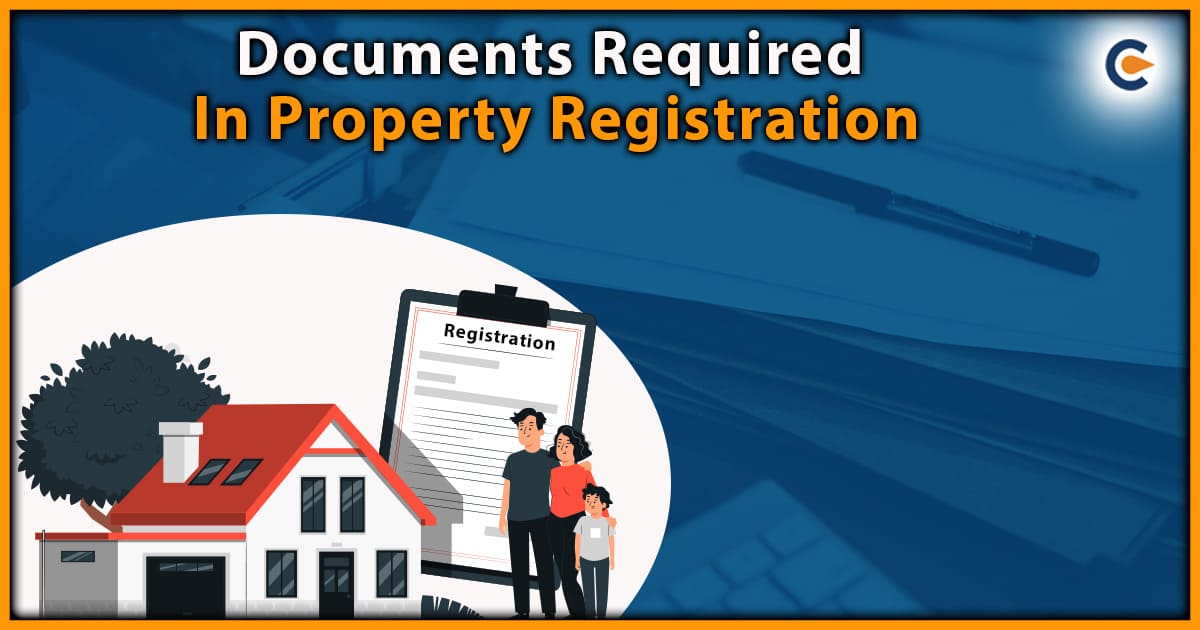Buying and registering a property can be time-consuming and involve many legal, financial, and administrative steps. The time it takes to complete these steps keeps changing depending on various factors, such as the collocation of the property, the complexity of the transaction, and the efficiency of the parties involved. This blog will explore the various stages involved in buying and registering property and provide a general timeline for how long the process typically takes.
Buying And registering a property
Buying and registering a property is a complex process that requires careful planning, accuracy, and the assistance of various professionals.This blog will provide a more detailed overview of each process stage, including the essential tasks and considerations involved.
- Stage 1: Property Search and Offer
The first stage of the property buying process is typically the property search. This involves identifying the desired location, property type, and other vital features. Once a suitable property has been identified, the buyer will typically make an offer to the seller, which may involve negotiating the price and other terms of the sale. This stage can take a few weeks to several months, depending on the property’s availability and the negotiations’ complexity.
- Stage 2: Property Inspection and Due Diligence
After the seller has accepted the offer, the next stage is typically the property inspection and due diligence process. This involves conducting a detailed inspection of the property to identify potential issues or defects and reviewing the property’s title and legal history. This stage can take several weeks or even months, depending on the intricacies of the property and the extent of the due diligence required.
- Stage 3: Financing and Mortgage Approval
If the buyer requires financing for the purchase, the next stage is typically securing financing and obtaining mortgage approval. This involves working with a lender to submit a loan application and providing documentation to support the application, such as income verification and credit reports. This stage can take several weeks or even months, depending on the lender’s requirements and the complexity of the buyer’s financial situation.
- Stage 4: Contract and Closing
Once all the necessary due diligence and financing have been completed, the next stage is typically preparing the purchase contract and closing documents. This involves working with attorneys and other professionals to draft and finalize the legal documents required to transfer property ownership from the seller to the buyer. This stage can take a few weeks to several months, depending on the transaction’s complications and the parties’ efficiency.
- Stage 5: Registration and Transfer of Ownership
The final stage of the property buying process is typically the registration and transfer of ownership. This involves filing the necessary legal documents with the relevant government authorities to transfer property ownership from the seller to the buyer formally. This stage can take time, depending on the processing times of the relevant government agencies and the efficiency of the parties involved.
Legal Principles
When buying and registering a property, there are several important legal principles to consider. While these principles may vary to some extent depending on the jurisdiction, here are some general legal principles that apply in many countries:
- Title and Ownership: It is essential to ensure that the seller has a valid and clear title to the property, meaning they have the legal right to sell it. Conducting a thorough title search and verifying the chain of ownership is crucial to avoid future disputes.
- Contractual Obligations: The purchase of a property is typically governed by a contract, which outlines the terms and conditions agreed upon by the buyer and seller. It is important to carefully review and understand the contract, including the purchase price, payment terms, contingencies, and any other relevant provisions.
- Due Diligence: Conducting due diligence is crucial before finalizing the purchase. This may involve inspections, surveys, and investigations to verify the property’s condition, boundaries, potential encumbrances (such as liens or easements[1]), zoning regulations, and compliance with local laws.
- Financing and Mortgages: If the purchase involves obtaining financing or a mortgage, there are legal considerations involved. This includes reviewing and understanding the terms of the loan, complying with lender requirements, and potentially registering a mortgage on the property.
- Registration and Transfer: Registering the property in the buyer’s name is a critical step to establish legal ownership. This typically involves preparing and executing necessary documents, such as a deed or transfer agreement, and registering them with the appropriate government authority responsible for property registration.
- Taxes and Fees: Various taxes, fees, and charges may apply during the property buying and registration process. These may include transfer taxes, stamp duties, registration fees, and other local taxes. It is important to be aware of these obligations and factor them into the overall cost.
- Legal Advice: Engaging the services of a qualified real estate lawyer or conveyancer is highly recommended to ensure compliance with applicable laws, protect your interests, and navigate the legal complexities associated with property transactions.
Conclusion
Overall, the time it takes to buy and register a property can vary widely depending on the transaction’s location and complexity and the parties’ efficiency. However, as a general guideline, the entire process can sometimes take several weeks to several months or even longer in some cases. Buyers must be patient and thorough throughout the process to ensure that all legal and financial requirements are met and that the transaction is completed successfully.
Read our Article:Documents Required In Property Registration











